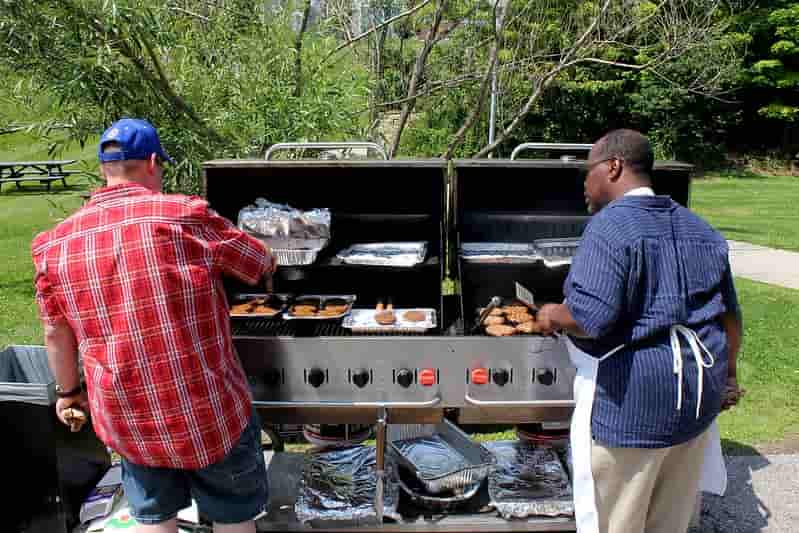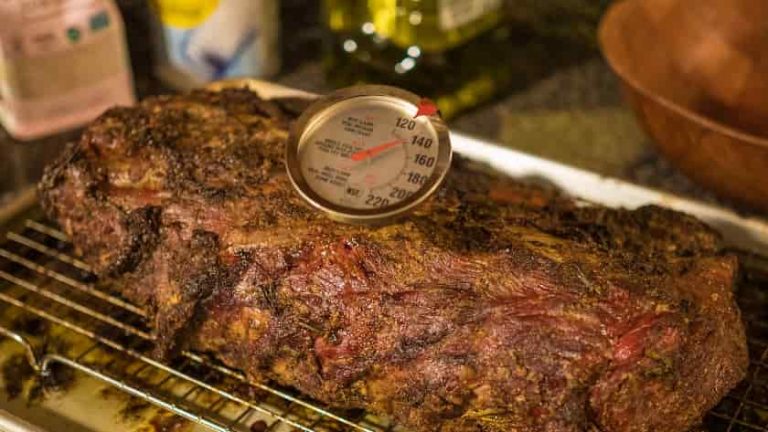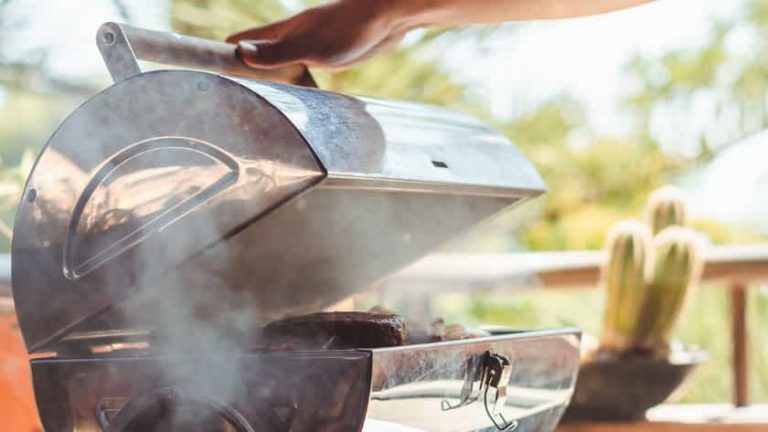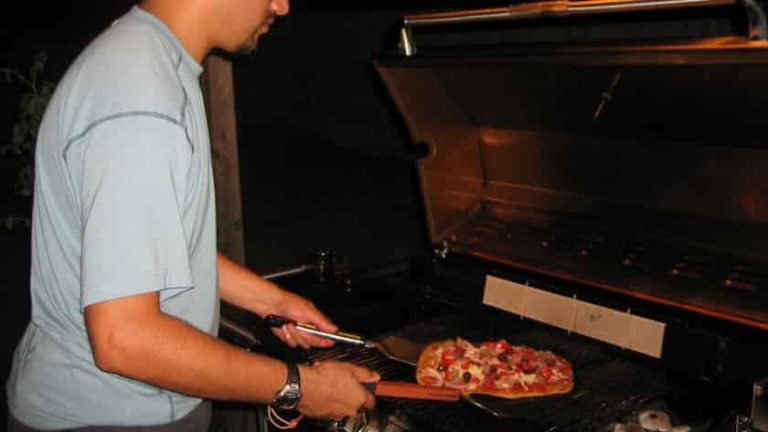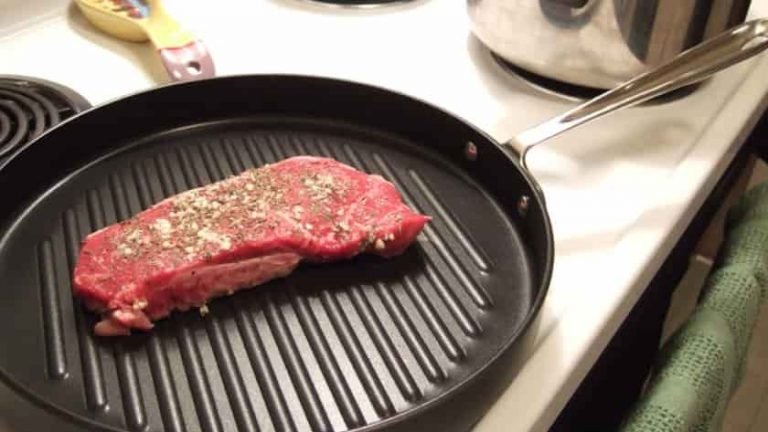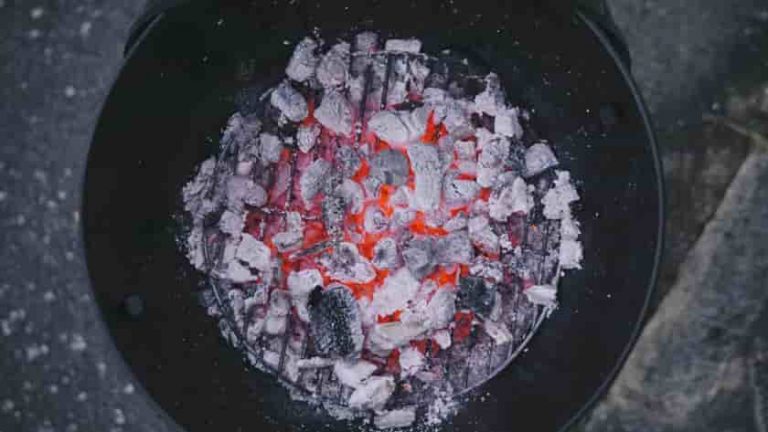How Long Does Propane Tank Last | Grill Fuels
Propane is a versatile fuel that serves multiple purposes. Unlike its counterpart, gasoline, propane does not expire or have a “shelf date,” so, even if it sits unused for an extended period of time, it will not go bad.
Things become tricky with propane in determining how long it will typically burn, as it can be difficult to tell when the propane tank is on the verge of being empty.
A standard gas grill with one to three burner delivers 10,000 to 35,000 BTU of heat across the cooking surface. Your 20 lbs propane tank with 432,000 BTU capacity will last 12 hrs at 35,000 BTU, 15 hrs at 30,000 and about 40 hrs at 10,000 BTU of heat output.
Thus a standard 20 lbs propane tank can last between 12 to 18 hours at high flame or 18-20 hrs on medium flame; with a total capacity of 432,000 BTU gross heat unit.
Then you must decide whether or not to exchange your empty propane tank or if you should refill the one you currently have. Having a basic understanding of the functioning of this fuel will make working with it much easier, which can, in turn, make your life easier.
How Long Do Propane Tanks Last for a Grill?
The most common size propane tank for grilling is a 20-pound cylinder. If your tank is filled before the evening’s meal, it is cooked over medium heat, then you should not have a care in the world as to whether or not your propane will see you through to the end of your gathering.
It is helpful to know a 20-pound canister will generally last anywhere from 18 – 20 hours if you plan to keep track of the time used for the tank for later because it is not good to run out of fuel in the middle of grilling a meal.
If you plan to turn the heat up to max, propane in the same sized container will typically last around 10 hours.
Provided that you are cooking with medium heat, a full container should make somewhere in the area of eight full meals for you and your family.
How Long Do Propane Tanks Last For Heating?
How long a propane tank will last to warm a hot water heater involves many factors.
Things like the number of people who will be using the heated water, their duration of use, and the size of the tank will all determine how often the propane in your hot water heater will need to be refilled.
The average family uses between 200 and 300 gallons of propane per year to heat the water. Multiple factors must be analyzed when determining how much propane will be needed to heat the inside of a home.
Again, things like the size of the propane vessel, the size of the area being heated, how warm the occupants want the house to remain, as well as how many people will be occupying the space must all be considered.
The average family will use about 1 – 2 gallons of propane per hour. However, this total Amount used in a year can range anywhere from 500-1,200 gallons depending on how often they use the heater.
How Long Do Propane Tanks Last for Fire Pits?
Again, the determining factors for how long a propane vessel will last for a fire pit are vast.
The container size and the intensity of the heat emitted from the pit will be the main things to consider when deciding whether or not to refill the tank before the lounging or partying around the fire occurs.
With a 20-gallon take as the point of reference, if the fire pit is cranked up to high, it will usually last anywhere from 4-4.5 hours without needing a propane refill.
For moderate fire, it can last upwards of twice that amount of time before the propane take has to be filled again.
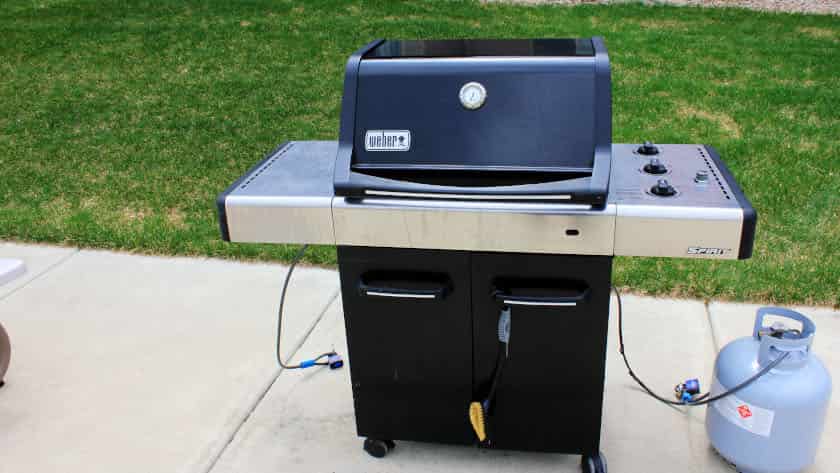
Measuring How Long Will A Propane Tank Lasts
Figuring out the mathematical formula related to how long propane will last concerning the BTU is a process that could make those who are not exactly “math forward” a bit confused. But the solution to how long we can expect a 20-gallon propane take to last isn’t as complicated as it first appears to be.
People also ask, how much BTU gross heat input does a propane tank hold per pound. How long will a 20 lb propane tank last? How Long Will 15 Lb propane tank last? Similarly whow much for 20 lbs tank at 50000, 30000 or even 10,000 BTU?
A pound of propane has about 21,600 BTUs gross heat input. Thus for a full 20 lbs propane tank it hold (21,600×20) = 432,000 BTUs capacity which would last for about 9 hrs at 50,000 BTU. ( 432,000/50,000 = 8.64 hours )
Likewise, a 20 lb propane tank last at 30000 BTU will burn for about 15 hours. ( 432,000/30,000 = 14.4 hours )
Regardless of how good you are at math, it is suggested that if you do not have a newly filled propane vessel to begin the process with, you should always have a spare taken that is full with propane just in case.
As stated previously, no one wants to get halfway through grilling a fantastic meal only to have to shut everything down because the propane take is empty.
How to Tell If My Propane Tank Is Low
There are several different ways to tell if your propane container is low on fuel, making a trip to either get a replacement or a refill imperative to keep warm or keep the grill going.
Pour a bucket of hot water around the tank
Run your hand around the propane tank. Because the propane inside the tank absorbs the head from the water, wherever your hand begins to feel a colder sensation, you know that is the propane’s level at the inside of the tank.
If it is too low, it is time to fix the issue by replacing the entire tank or refilling it.
Weigh the tank itself
Most tanks today have a chart or marking that lets the consumer know how much the tank weighs when “X” amount of propane is present.
If the tank’s weight and contents show a small weight, it is probably time to add some fuel.
If the weight falls in line with a receptacle that contains plenty of fuel, then you should remember to weigh it next just before the next gathering.
Gauge it
An inline pressure gauge is an apparatus that links the container to the grill, and the pressure, or lack thereof, lets you know if the tank is low.
An analog scale basically allows you to lift the basin and see if it’s too light, meaning it needs fuel. A digital propane container scale goes under the tank, constantly monitoring for low fuel.
When To Order More Propane
You never want to allow the reading on the gauge of the propane holder to go below 20%. If it does, you are headed towards a dangerous situation.
However, you are likely still in the safe zone if you have yet to reach the 10% mark. If you do get too low, a dealer will usually come and exchange them for you.
When there is too little fuel inside the tank, excessive heat can cause the tank to explode when it heats up. This is just one danger of not having enough fuel in its vessel.
There are even occasions when people have let the levels get so low that it was a danger for them to transport the tank, so experts had to be cleared away.
Also, having too much air in the tank can promote rust, possibly causing leaks, leading to a dangerous situation. Do no do allow that to happen. Check the propane levels often.
To Refill or Exchange Propane Tanks?
There is no clearly defined correct answer to this mystery. Some are diehard refillers, while others will go down swinging to exchange them. The best way for you to make an educated decision as to what is right for you is to look at the pros and cons surrounding both and then make your choice from there.
Pros For Exchanging
- It is typically fast and convenient, as you will generally take it to the sore and replace it with another.
- There are more places to exchange propane than refill it, and these places are usually located very conveniently.
- You can rest assured that your tank has been inspected and dubbed safe.
Pros For Refilling
- You often get more propane when you have it refilled.
- Refilling is less expensive.
Cons For Refilling
- Some stations have been known to give out expired tanks.
- Not all refilling stations have certified personnel on hand at all times to assist with the refills.
Conclusion
Propane is a very versatile fuel that can heat water, warm homes, and cook food, amongst other things. It has many advantages over gasoline, but it can still be a volatile substance.
It would be best if you become well versed in the dos and don’ts of propane and its vessels before using it to ensure that you and your family are as safe as possible when in play in your home or your yard.
By being safe with propane, you can be sure your family stays warm and well-fed for many years to come.
Related Post To Consider
How Does a Smokeless Grill Work? Are They Worth It
Can I Convert My Natural Gas Grill To Propane | Conversion
